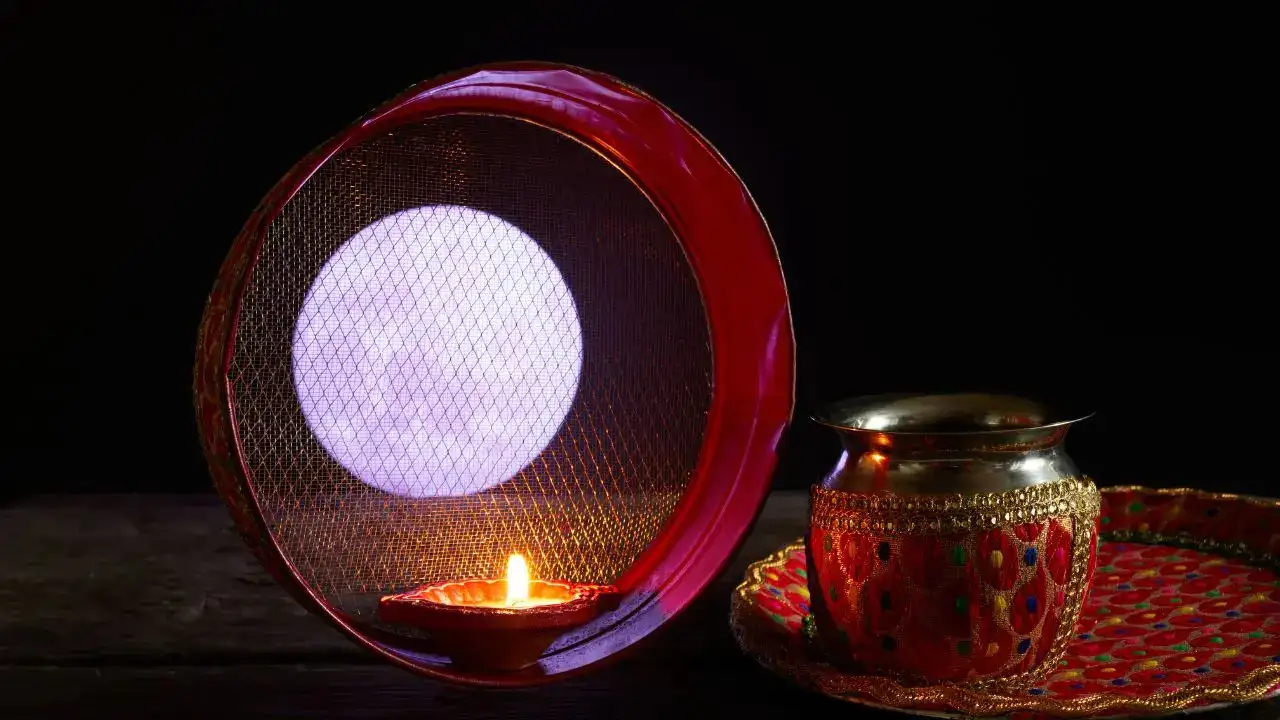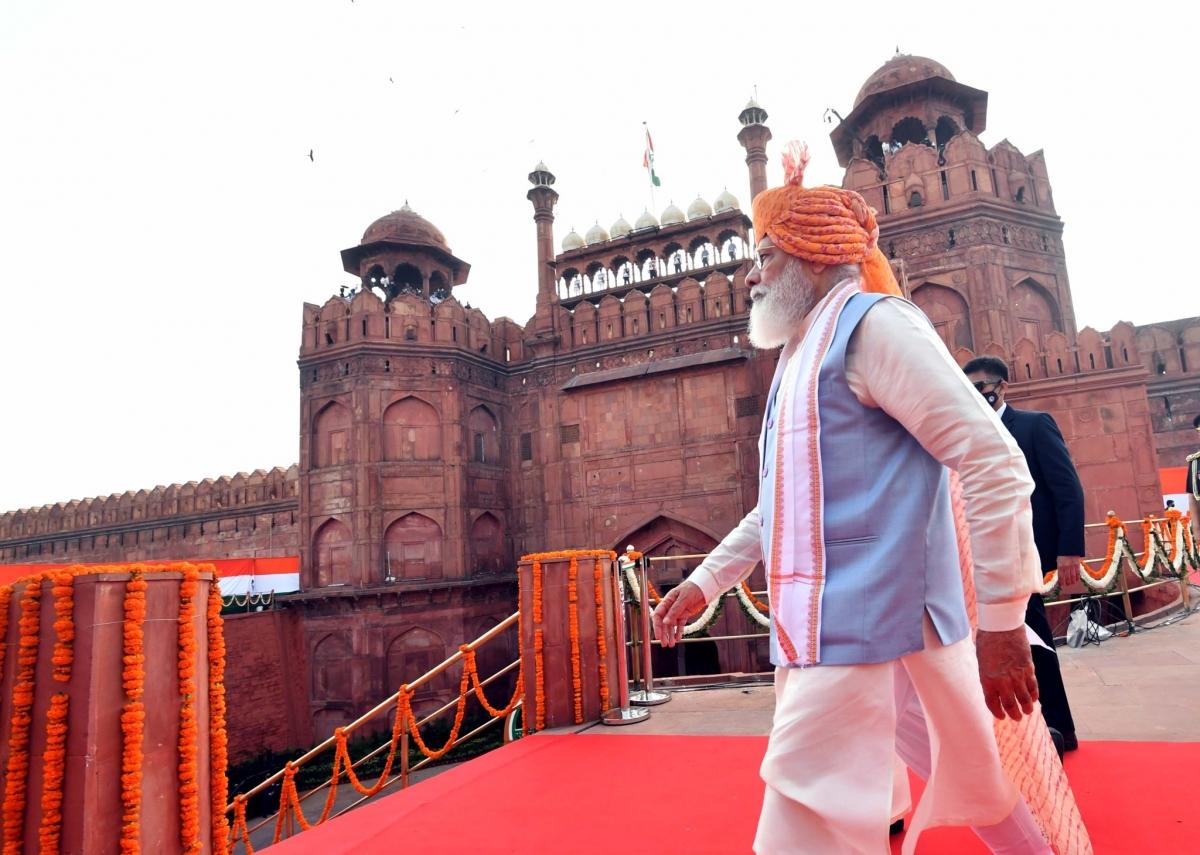By Mallika Bhagat
Copyright timesnownews

Among the many festivals that are celebrated in India, none appeal to women as much as Karwa Chauth. Traditionally celebrated in North India, Karwa Chauth, also known as Karak Chaturthi, is primarily a fast married women keep for the health, well-being and long life of their husband. The fast is kept from sunrise till the moon appears in the night sky. It is said keeping this fast not only strengthens the bond between a husband and his wife, but also promises prosperity and blessings from gods. Karwa Chauth Date And TimeAccording to the Vedic calendar, Karva Chauth fast in 2025 will be observed on October 10. Beginning of Chaturthi Tithi of Krishna Paksha of Kartik month: October 10 at 10:54 pm End of Chaturthi Tithi of Krishna Paksha of Kartik month: October 10 at 07:38 pm Auspicious time to worship on this day: from 05:16 am to 06:29 pm Moonrise time: It will be at 07:42 in the evening. Why Do Women Worship The Moon On Karwa Chauth?In Hindu spiritual traditions, Moon or Chandra Dev is considered to be a symbol of calmness, long life and fertility. On Karwa Chauth, women break their fast only after sighting the Moon and offering prayers (Chandra Puja) with a special ritual. As part of the rituals, women offer Argha (water) to the moon from a Karwa, or earthen pot. After sighting the moon, women break their fast by first offering food to the moon, followed by sharing the same with their husbands. And this ritual traces its roots back to some popular stories. One such story is of Queen Veeravati who had kept a fast for her husband. But she was tricked by her brothers into believing the moon had risen before its time. She broke her fast too early, and her husband died. Heartbroken, she prayed with complete devotion the following year, and the gods restored her husband to life. This prompted the belief that fasting and praying to Chandra Dev will keep a married woman’s husband safe. There are other legends as well. Some credit the origins of Karwa Chauth to local harvest festivals. Since big earthen pots used to store wheat were called karvas, the fast may have started as a prayer for a good harvest in the wheat-growing regions of North India. Disclaimer: This article is based on popular beliefs. Times Now is not responsible for the accuracy or completeness of the information and facts provided here.



